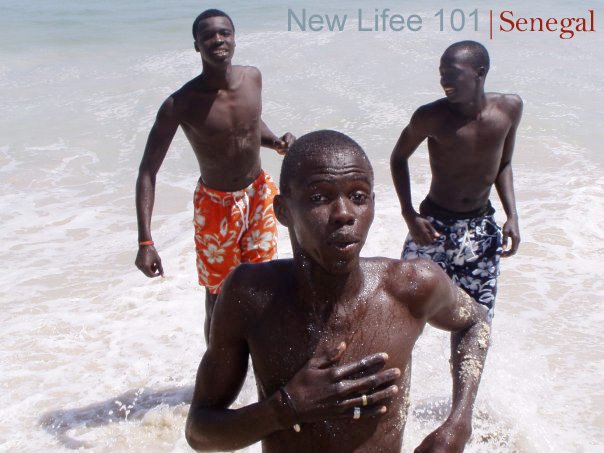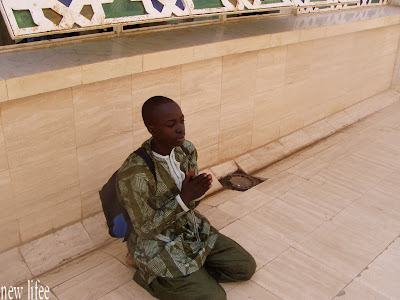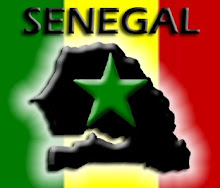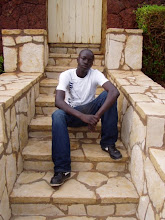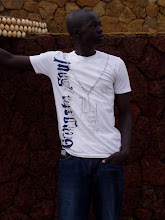What is Ramadan?
Ramadan is a Muslim religious observance that takes place during the ninth month of the Islamic calendar, believed to be the month in which the Qur'an was revealed to Angel Gabriel which later was revealed to Prophet Muhammad. It is the Islamic month of fasting (sawm), in which participating Muslims do not eat or drink anything from dawn until sunset. Fasting is meant to teach the person patience and humility. Ramadan is a time to fast for the sake of God, and to offer even more prayer than usual. Also involved in Ramadan are asking forgiveness for the sins of the past, asking for guidance in the future, and asking for help with refraining from every day evils and trying to purify oneself through self-restraint and good deeds.
Fasting
During Ramadan, Muslims are expected to put more effort into following the teachings of Islam and to avoid obscene and irreligious sights and sounds. Sexual activities during fasting hours are also forbidden.Qur'an Purity of both thought and action is important. The fast is intended to be an exacting act of deep personal worship in which Muslims seek a raised level of closeness to God Almighty. The act of fasting is said to redirect the heart away from worldly activities, its purpose being to cleanse the inner soul and free it from harm. Properly observing the fast is supposed to induce a comfortable feeling of peace and calm. It also allows Muslims to practice self-discipline, sacrifice, and sympathy for those who are less fortunate, intended to make Muslims more generous and charitable. Muslims can eat after the sun has set.
Pregnant women, the elderly, the ill, and travellers are all exempt from fasting as lack of food and liquid in these situations could be detrimental to health. The fast is also not considered compulsory in childhood (typically considered to end at puberty), although many children endeavour to complete as many fasts as possible, as practice for later life.
What Have We Gained From Ramadan?
Ramadan is a school of iman and a 'stop to recharge one's spiritual batteries' - to acquire one's provision for the rest of the year...
For when will one take a lesson and change for better if not in the month of Ramadan?
The noble month is a true school of transformation in which we change our actions, habits and manners that are in variance with the Law of Allah 'azza wa jall. “Verily, Allah does not change the condition of a people until they change what is in themselves
If you are from those who benefited from Ramadan, fulfilled the requirements of taqwa, truly fasted the month, prayed in it with truthfulness, and strove against you soul, then praise and thank Allah, and ask Him for steadfastness upon it until you meet your death.
Be not like one who has sewn a shirt and then destroyed it... Have you seen one who sewed a shirt or thawb, so when she looked at it, she liked it. Then she destroyed it pulling a thread by thread for no reason. What would people say about such a person?! Or have you seen one who earns a fortune trading throughout the day, then when the night comes, he throws away all that he earned, dirham by dirham. What would people say about such a person?!
Feast of the end of Ramadan Month or Korite Festival in Senegal
Korite oer Eid is a Muslim holiday that marks the end of Ramadan, the Islamic holy month of fasting. Koriteis an Arabic word meaning "festivity", while Eid means "to break the fast" (and can also mean "nature", from the word "fitrah") and so symbolizes the breaking of the fasting period.
Eid ul-Fitr starts the day after Ramadan ends, and is verified by the sighting of the new moon. Muslims give money to the poor and wear their best clothes. Eid ul-Fitr lasts three days and is called "The Smaller Eid" compared with the Eid ul-Adha that lasts four days and is called "The Greater Eid"
On the day of the celebration, a typical Muslim family awakes very early, does the first everyday prayer, and is required to eat a little, symbolizing the end of Ramadan. They then attend special congregational prayers held in mosques, large open areas, stadiums and arenas. The prayer is generally short and is followed by a sermon .Worshippers greet and embrace each other with hugs in a spirit of peace and love after the congregational prayer. After the special prayers, festivities and merriment are commonly observed with visits to the homes of relatives and friends to thank God for all blessings.
Mame Cheikh
Senegal Dakar
